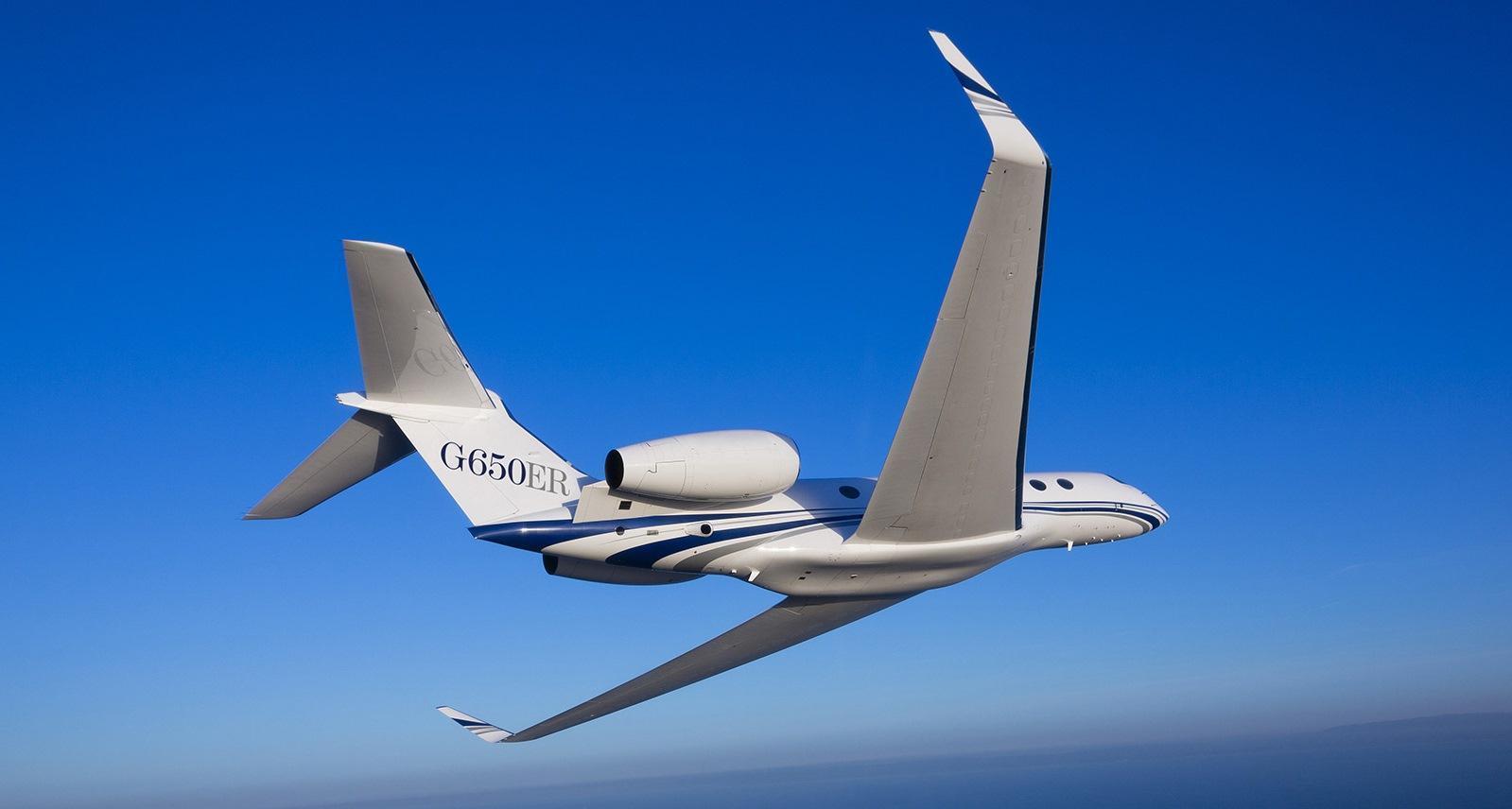コロナウィルスによる悪影響に立ち向かう、ビジネスジェット運航会社

ビジネスジェット運航会社にも新型コロナウィルス(COVID-19)感染拡大の影響が出始めており、各社はリスクマネジメント対応に乗り出した。
3月5日にイギリス・ルートンで開催された、英国ビジネス・一般航空協会(British Business and General Aviation Association 、BBGA)会議のパネルディスカッションにおいて、Gama Aviation社のリスク対応・保証取締役のHannah Smith氏は同社における対応の概要を説明した。航空分野での医療・警備・旅行安全に関するコンサルティングを行うMedAire社のヨーロッパ担当取締役・Michael Braida博士も、運航会社が影響を緩和するための方法を提案した。
Braida博士の視点は、経験によって裏付けられたものだ。
同氏は、1月に日本からイスラエルへ11人の乗客を乗せたチャーター便を運航したクライアント会社から連絡を受けた。乗客は日本でウィルス検査を行っており、全員が陰性と確認されていた。使用された機体は消毒を済ませ、4人の乗務員が乗客なしで日本に戻ったが、その後、イスラエルのハンドリング会社から「検査対象になった乗客がいる」と知らされた。誰も予想しなかった事態に、運航会社は大混乱に陥った。
ここで問題になるのは「では、どうするのか?」ということだ。このような状況では当該国の規則に従う必要があるが、その規則とはなんなのか。国によって対応が異なることもある。今回のケースでは、現地の保健当局に連絡が入り、即座に隔離措置が採られることになった。
乗務員4名は検査で陰性だったが、それでもホテルで14日間隔離された。このような展開は、安定的な運航の継続と、従業員および顧客対応という2つの面において、運航会社にとって非常に厳しいものになる。
Gama Aviation社のSmith氏はこう語る。
「責任感を持って問題解決を行うためには、適切な対応を取ることが非常に重要だ。それはつまり、我々のアセットと顧客のアセット双方が上手く維持されることであり、同時に従業員に対するケアを行う義務も負うということ。これに加え、業績も維持しなくてはならない…なぜなら、どんな状況であれ収益は必要で、支払うべき債務もあるからだ」
同社にはアジア担当部門もあることから、新型コロナウィルスの感染拡大初期から影響を受けていた。とはいえ、その後の世界への広がり、特に直近のヨーロッパにおける感染者の急増を受けて対策を強化した。Smith氏は「これは”白か黒か”で説明できる状況ではないので、対応にも柔軟性が必要だ。だから我々も柔軟な対応策を講じた」とも述べた。
同社は新しいリスクマネジメント戦略を採り始め、それらを複数の場面に適用するようになった。それはフライトプラン作成の初期段階から始まるもので、乗客と乗務員が最近渡航した地域の詳細な確認を行い、それを当局が定めた渡航制限に抵触しないか確認する必要がある。スミス氏は同社が運航支援事業者を置くジャージー空港を例に挙げ、「頻繁にアップデートされる感染拡大地域リストに記載された地域に渡航した者は、症状の有無に関わらず14日間の自己隔離が必要」と説明した。
さらに「チャーター機や管理委託機の場合、これは深刻な問題になる。なぜなら、我々または顧客の機体が14日間飛行できない可能性が出てくるからだ」とも付け加えた。
また、同社は従業員の休暇にも注意を払っている。「我々は『そこに行くな』とは言わない。ただ、誰かが感染拡大国から帰ってきたとしたら、2週間乗務できない可能性を覚悟する必要がある」とスミス氏は語る。また、同社では事業継続計画の策定も加速させている。
また彼女は、「どの指標に着目するかにもよるが、最大で5人に1人は乗務できない可能性がある。現在、当社では全部門に対して事業への影響調査を進めており、取り得る対策の洗い出しと、対策に必要なコストを算出しているところだ。これは、対応不可能な問題に突然ぶつかることがないように、確実に適切な対応を取るための準備だ。もっとも、これはコロナウィルスだろうと他の問題であろうと、我々がするべき大事な仕事だ」とも語った。
以上は、Angus BateyがThe Weekly of Business Aviationいた記事です。 ビジネス機事業を取り扱う「The Weekly of Business Aviation」では運航機材の情報、納機や活動のレポート、マーケット情報と予測、業界トップへのQ&Aといった記事を掲載しています。Aviation Week NetworkのThe Weekly of Business Aviationをもっと知りたい場合、こちらをクリックして下さい。
Business aviation operators are feeling the impact from the spread of the COVID-19 virus and are adopting a variety of risk management solutions to cope.
During a panel discussion at the British Business and General Aviation Association (BBGA) conference held near Luton, UK, on March 5, Gama Aviation’s risk management and assurance director, Hannah Smith, outlined some of the coping strategies her company has put in place. Dr. Michael Braida, European director of medical, security and travel safety support consultants MedAire, also suggested mitigations that operators could use.
Braida’s views have been colored by experience.
In January he was called by a client who had flown an evacuation mission from Japan to Israel with 11 passengers on board. All of them had been screened for the virus in Japan and declared healthy. The aircraft, freshly disinfected, was en route empty back to Japan when the four-person crew was contacted by Israeli handling agents. “Israel says, ‘Hey guys, we have a person now under investigation from those 11 passengers,’” Braida recalls. “As you can imagine, that really hit them hard, because nobody expected it.
“The big question was, ‘What do we do now?,’” he continued. “In that type of situation, you have to abide by national regulations. But what were they? It can be different for each country. In this case, the local health department was informed, the crewmembers were isolated and reassured, and they were immediately put into self-quarantine.”
Although the crew all had negative results from testing, they were kept in quarantine in a hotel room for 14 days, Braida says. Such restrictions are obviously challenging, both in terms of maintaining operations and in caring for staff and customers.
“It’s really important to have a proportionate response so that we manage the issue responsibly—which means making sure our assets and our clients’ assets are managed well. But it also means we have a duty of care to our workers and colleagues,” Smith says. “But we also need to maintain business performance, because we still have money to make and bills to pay.”
Gama, with a division in Asia, has been exposed to issues raised by the virus since early in the outbreak. But Smith acknowledges that the global spread—and particularly the recent spikes in European incidences—has increased the intensity of their focus. “We’ve implemented a number of dynamic processes,” she says. “They have to be dynamic, because it’s not a black-and-white situation.”
Gama has either instituted new risk management strategies or adopted new ones in several areas, Smith says. These begin in the early stages of flight planning, with a detailed audit of each crewmember’s recent travel history, and that of all passengers, which must then be overlaid in the planning process with measures put in place by regional authorities. She notes the example of Jersey, where the company has an FBO. It has decided that anyone with a travel history to a constantly updated list of virus hot spots must self-isolate for 14 days, even if there are no symptoms.
“For a charter or managed-aircraft process we have to consider that, because it would potentially mean that our aircraft, or a client’s aircraft, has to sit on the ground for 14 days,” she says.
The company is monitoring staff holidays. “We’re not going to say, ‘You can’t go.’ But we have to make sure that if someone is coming back from an area that’s high risk that we contain that risk,” Smith says. Gama is also ramping up its business continuity planning.
“Depending which figures you listen to, [up to] one in five people may not be available,” she says. “We’re undertaking a business impact assessment across all of our divisions, and working out what the potential mitigations are, and the cost of those mitigations. It’s to make sure we take sensible decisions and we don’t suddenly get faced with a problem that we can’t manage. This is a fine piece of work for us to do anyway, coronavirus or not.”